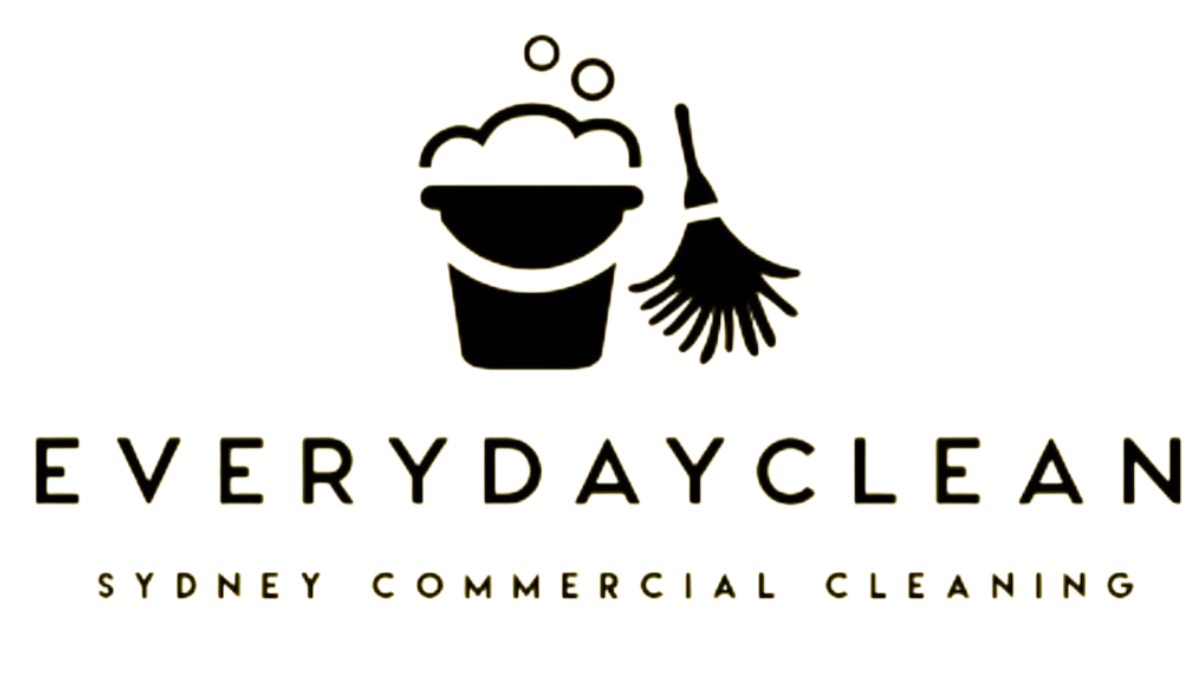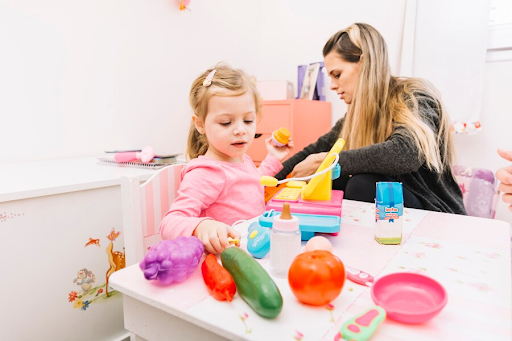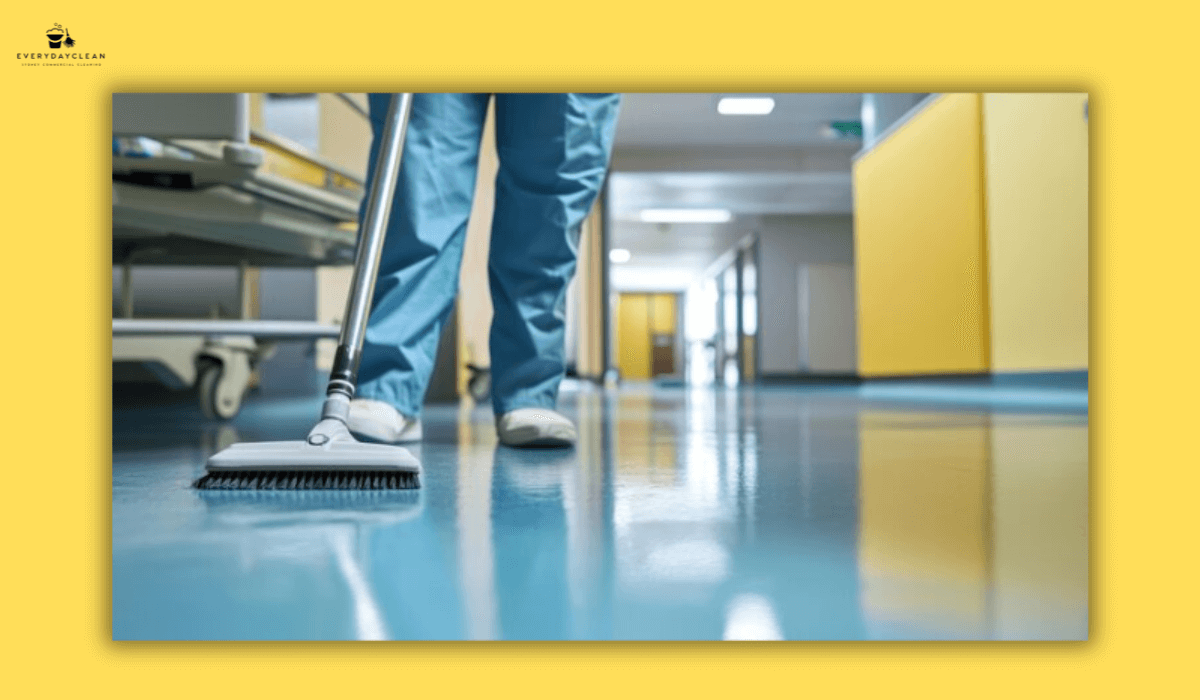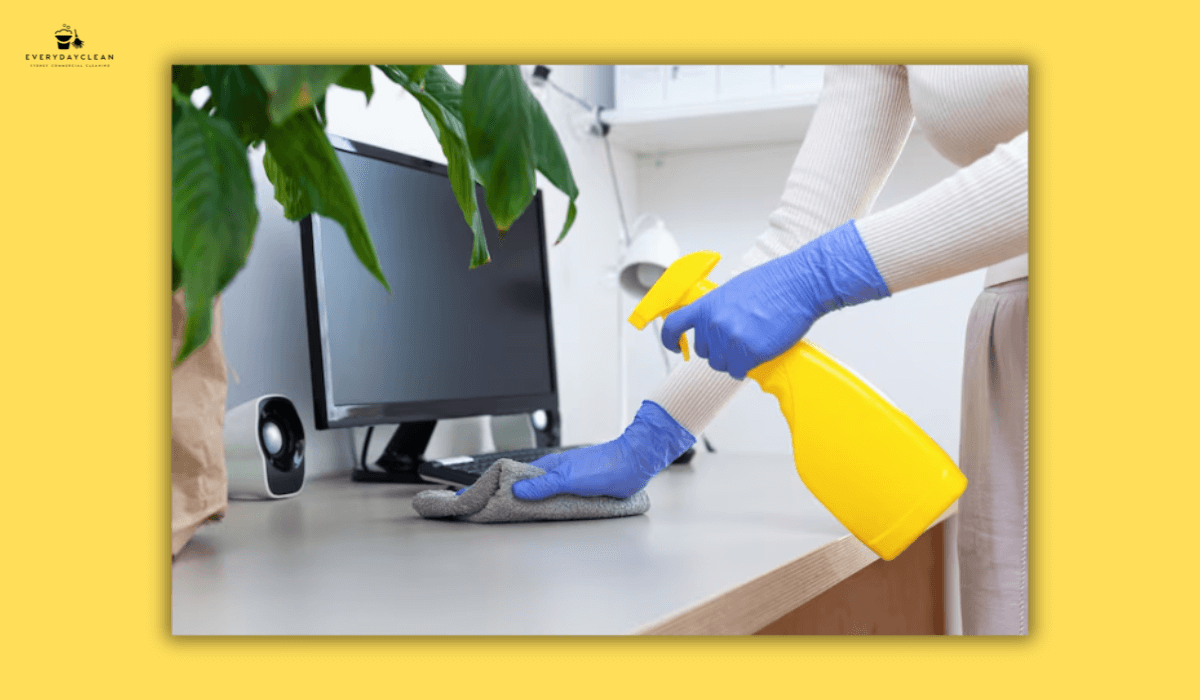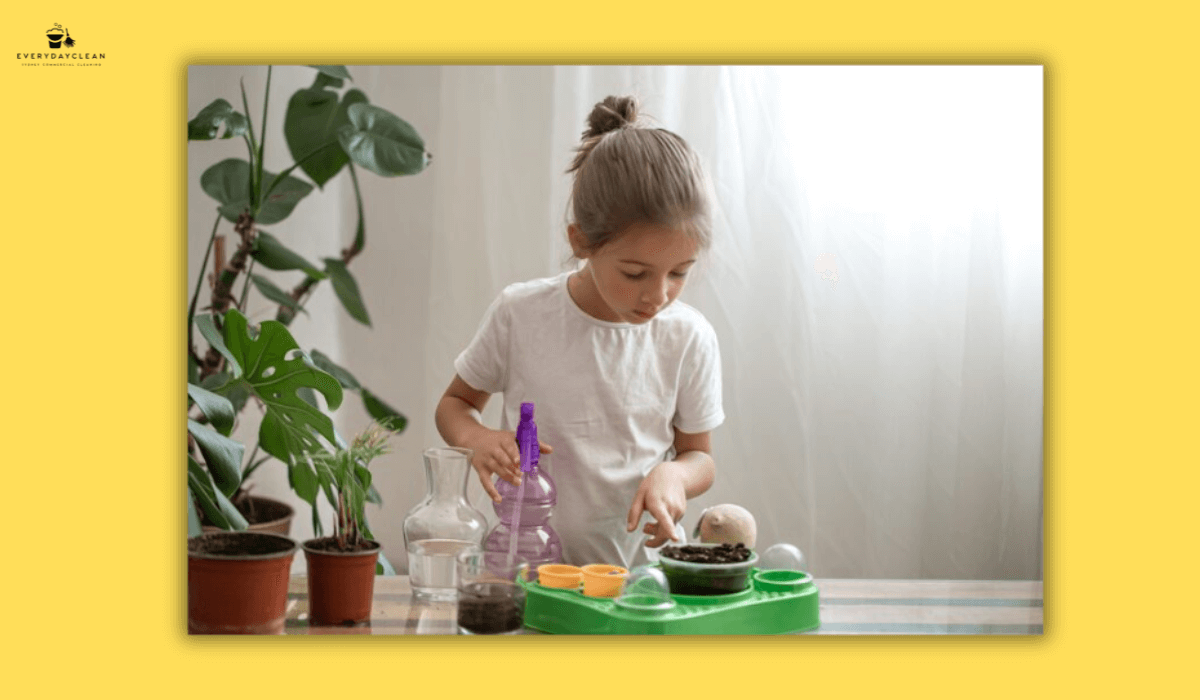Disinfecting Childcare Toys: Best Practices for Centres
In early education environments, toys are more than just entertainment—they're essential tools for sensory development, social learning, and imagination. But without proper cleaning routines, these same objects can quickly become breeding grounds for grime and residue. Disinfecting childcare toys is a core part of maintaining a safe, compliant, and welcoming centre that meets both parent expectations and cleanliness standards.
This guide outlines effective methods for toy disinfection, how to handle different materials, and how childcare providers in Sydney can streamline their toy-cleaning protocols.
Why Disinfecting Toys in Childcare Centres Matters
Disinfecting toys is not simply a precaution—it's a necessary standard for quality care. Toys are constantly being touched, shared, dropped, and sometimes mouthed by children throughout the day. Without consistent cleaning routines, germs and grime can accumulate, affecting the hygiene quality of the entire facility.
High-traffic toys, like building blocks or plastic figurines, cycle through dozens of hands daily. Cleaning these regularly ensures the play area remains as hygienic as the rest of the centre. Operators aiming for higher standards across all rooms should consult a Sydney-based cleaning partner like
Everyday Clean for tailored solutions.
Choosing the Right Cleaning Products for Toys
The right disinfectant doesn’t just clean—it protects materials, avoids irritation, and leaves no residue behind. When dealing with items designed for small children, cleaning products must be as safe as they are effective.
Look for Neutral, Residue-Free Solutions
Stick to products with a neutral pH, low odour, and clear rinse instructions. Avoid industrial cleaners that leave films or lingering scents, especially on toys made from absorbent materials like fabric or unfinished wood.
Avoid Harsh or Undiluted Chemicals
Disinfectants with bleach or ammonia are not suitable for childcare toys due to the risk of residue and damage. Always read manufacturer labels and use child-safe formulations that are compatible with the toy’s material type.
How to Disinfect Toys Based on Material
Not all toys are created equal when it comes to cleaning. Understanding how to treat different materials ensures a proper disinfection process without damaging the items.
Plastic and Rubber Toys
These are the most durable and easiest to clean. Use warm water and gentle soap, followed by a thorough rinse. For non-electronic plastic toys, a light spray of disinfectant followed by air drying can work well.
Plush and Fabric Toys
Soft toys that are machine washable should be laundered weekly using a gentle detergent. Avoid fabric softeners and ensure complete drying before returning them to play. For non-washable plush items, consider using a sanitising spray designed for upholstery.
Wooden Toys
Wooden toys require extra care due to their porous surface. Avoid submerging in water. Instead, wipe with a damp cloth and a diluted natural cleaner, such as a vinegar-water mix. Leave to air dry fully to avoid warping or cracking.
Structuring a Toy Cleaning Routine That Works
Without a system, toy hygiene can fall through the cracks—especially in fast-paced centres. A structured approach ensures no item is forgotten and maintains consistency across staff shifts.
Daily vs Weekly Cleaning
Toys that are used daily or shared among multiple children—like pretend food, cars, or dolls—should be wiped down each day. Larger playsets or items in rotation can be cleaned weekly, provided they’re not used by multiple groups.
Visual Systems Help Maintain Consistency
Implement a two-bin system: one for "clean toys" and one for "used toys". This allows educators to rotate items efficiently and helps ensure that no toy re-enters play without cleaning.
Facilities aiming to implement systematic cleaning procedures can benefit from structured support via childcare cleaning services from Everyday Clean.
Training Staff on Toy Hygiene Protocols
Even with clear procedures, success depends on the people carrying them out. All educators and support staff should be trained to follow toy disinfection routines confidently and consistently.
Provide Accessible Instructions
Print clear toy-cleaning instructions and post them in storage areas or cleaning stations. Visual guides help reduce ambiguity and speed up routine tasks, especially for new or part-time staff.
Assign Accountability
Each room or classroom should designate a staff member responsible for end-of-day toy checks and wiping. This promotes ownership and helps maintain a high standard across all areas.
FAQs About Disinfecting Childcare Toys
What’s the best way to clean plastic toys in childcare centres?
Use warm water and mild soap, then rinse and air dry. For added sanitation, a gentle child-safe disinfectant can be sprayed and wiped dry.
Are natural disinfectants like vinegar safe for cleaning toys?
Diluted vinegar can be effective on some materials like plastic or wood, but it should be rinsed thoroughly. Avoid vinegar on plush or delicate finishes.
How often should toys be disinfected in early learning settings?
High-touch toys should be cleaned daily. Items used in group play or shared between classrooms may need disinfection between sessions.
Can I use commercial sanitising sprays on wooden toys?
It depends on the product. Always check if it’s suitable for porous surfaces. For wood, natural cleaners or lightly damp cloths are safer to avoid material damage.
Conclusion
Disinfecting childcare toys is not just a hygiene requirement—it’s a standard of excellence. From choosing the right cleaners to understanding material-specific routines and empowering staff, every step contributes to a safer, more professional early learning environment. It also demonstrates a commitment to cleanliness that parents notice and trust.
To elevate your centre’s standards and save time on deep-cleaning tasks, trust the professionals at Everyday Clean. We offer dedicated, eco-conscious cleaning services tailored to Sydney’s childcare centres.
Author: Everyday Clean Content Team
Everyday Clean is Sydney’s trusted provider of professional office, strata, and commercial cleaning services. Our licensed and insured team helps workplaces maintain top hygiene standards with eco-friendly products and proven cleaning systems. With years of experience supporting Sydney businesses, Everyday Clean shares expert tips, real case studies, and practical advice to keep your workplace safe, compliant, and welcoming.
